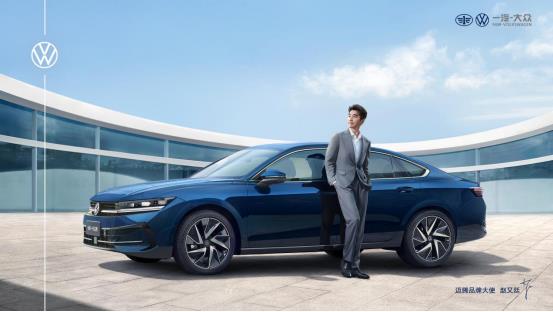In the 17th year of Maiteng’s entry into China, he ushered in the most changed version of himself
On July 9th, a new generation of Maiteng was launched in Changchun. The FAW-Volkswagen launched three versions of 300TSI Exclusive Edition, 380TSI Exclusive Edition and 380TSI Extreme Edition, using 1.5T and 2.0T power configurations respectively. The official guide price is 17.99-24 6,900 yuan.

In terms of the overall design of the appearance, the new generation of Maiteng adopts a design concept called "Timeless", hoping to use simple and powerful lines to create an atmospheric beauty, while the front and rear use a through-type LED light strip, and the logo can be lit. In fact, this change of appearance is a relatively standard and steady evolution style for traditional car companies, but now in the face of the endless exploration of appearance by domestic new energy car companies at the same price, it still seems too conservative. Despite this, I believe there will still be a group of users who like a stable style to include the new generation of Maiteng in their car purchase goals.

Like the Tiguan Lpro released by SAIC Volkswagen in the first half of the year, FAW-Volkswagen’s new generation of Maiteng has joined forces with DJI, Qualcomm, iFLYTEK and Huawei to create a global evolution of vehicle "hardware + software" in terms of vehicle intelligence. Due to the new electrical architecture of the vehicle, the data transmission, bandwidth and communication speed in the car have been greatly improved, making the system highly responsive at any time. Owners can easily complete navigation, entertainment, and temperature adjustment in the car through voice multi-round dialogue. And its L2 + level IQ. Pilot intelligent driver assistance system has also been specially optimized for complex road conditions in China. In these configuration functions, FAW-Volkswagen’s intention and high hopes for the new generation of Maiteng can be seen.
This year, Volkswagen has also joined forces with Toyota and Honda in the direction of vehicle "intelligence". It can be seen that traditional joint venture car companies have realized how to keep up with the market. Today, the vanguard leading the market and exploring user requests has become a domestic automaker. If traditional joint venture car companies want to defend their market share, they may need to seek more radical changes. (Text/Wu Xin, Photo/Official Provided)